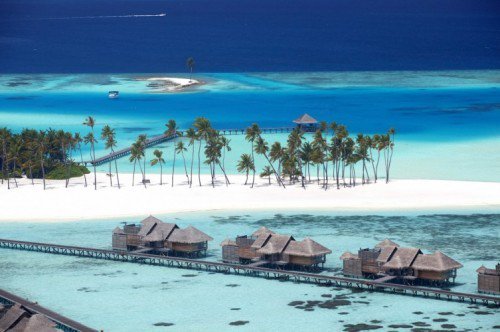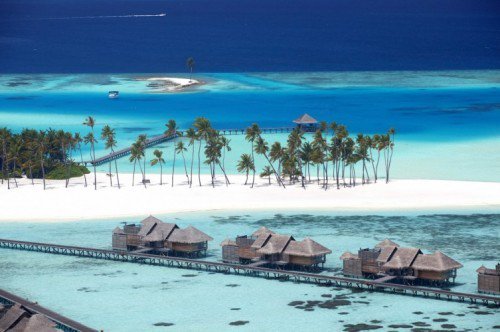Since Greta Thunberg, a Swedish schoolgirl and climate activist, brought the topic of climate protection onto the political and social agenda with her strikes, the negative effects of climate change have been discussed more and more. While climate change affects all areas of life, rising sea levels combined with storms that are steadily increasing in severity pose a direct threat to islands. Recently, the World Meteorological Organization (WMO) has announced that the average sea level in 2018 was 3.7 millimeters above that of the year before and has reached the highest level since satellite measurements.
In recent years, rainfall, storms, floods, and coastal erosion have increased in intensity and frequency due to climate change. While not all islands are affected to the same extent by the shifting weather patterns, most are aware of significant changes – including the Green Pearls® Island Partners. Instead of sitting idly by and waiting for the land to literally be washed away from under their feet, they are actively working to protect their homelands and their fragile ecosystems from the effects of climate change.
Climate Neutral in the North Sea
The North Sea island of Juist has set itself an ambitious yet necessary goal: to be completely climate-neutral by 2030. Even today, the consequences of climate change are already being felt on Juist. The increasing number of dikes intended to protect the land from storm surges is a tangible measure, and the island is also actively avoiding greenhouse gases by switching to car-free transport. For some time now, the city has been offering projects and activities that bring the concept of climate protection closer to visitors, both young and old, such as the “Juistus Climate Saver” program and the “University for Children.”
Colorful Coral Gardens for the Maldives
GOT NEWS? click here
Google News, Bing News, Yahoo News, 200+ publications
Climate change has also left its mark on the Indian Ocean. According to marine biologist Smrutica Jithendranath, responsible for the underwater world around the Reethi Faru eco-resort, rising sea levels have so far had little impact on the Maldives. However, the consequences of climate change can be clearly seen in the corals. In particular, rising water temperatures and increasingly fierce storms are causing severe damage to these tiny, sensitive animals, leading to coral bleaching and even coral death.
Based on these observations, the Reethi Faru Resort has launched a coral conservation project on Filaidhoo. In specially created underwater gardens, the resort propagates corals and plants them back into the house reef after about a year. The underwater gardens and house reefs also provide protection for the beaches and prevent them from being washed away. Within another of the many atolls of the Maldives, the North Malé Atoll, guests from the eco-resort Gili Lankanfushi can plant young corals under water in the gardens themselves and actively participate in the resort’s Coral Lines Project. After the guest’s departure, they also have the opportunity to follow the development of their corals on the resort’s blog.
Koh Samui Against Climate Change
The sustainable resort The Tongsai Bay on Koh Samui focuses on strategies to avoid greenhouse gases including non-motorized water sports, bicycle rental for island tours, carpooling, and avoiding cars on the hotel grounds. The resort has also supported the Green Island Foundation since its inception ten years ago. The organization’s main objectives are to protect the island’s climate and valuable ecosystems. For example, the Green Island Foundation has already organized car-free weeks on Koh Samui with the help of partners, such as The Tongsai Bay, to raise awareness of the need to reduce greenhouse gas emissions.








